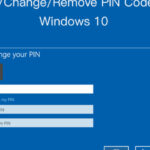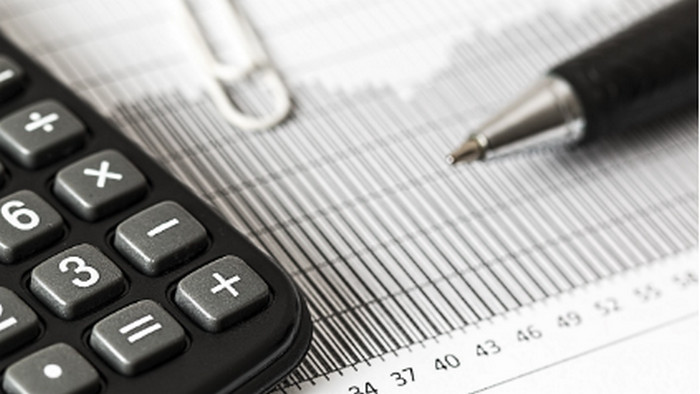In the fast-paced world of today, credit cards are becoming a necessary component of our financial environment. There is a lot of information that everyone should be aware of, regardless of whether they are seasoned credit card users or are thinking of obtaining one for the first time. We’ll go over all there is to know about credit cards in this extensive guide, including everything from the fundamentals to sophisticated advice on appropriate usage.
Recognizing Credit Cards: The Fundamentals
First off, what is a credit card?
With a credit card, you can borrow money up to a certain amount from a credit company. With a credit card, you can make purchases on credit as opposed to a debit card, which takes money straight out of your bank account.
2. How Function Do Credit Cards?
Using a credit card to make a purchase is similar to borrowing money. To avoid paying interest, you must return the borrowed money by the deadline. Interest will be charged on the outstanding balance if you choose to pay the minimal amount due.
3. Jargon & Terms Related to Credit Cards
Learn the meaning of important phrases such as minimum payment, credit limit, grace period, and annual percentage rate (APR). It’s essential to comprehend these terms in order to use your credit card responsibly.
Selecting the Appropriate Credit Card
4. Credit Card Types
Examine several credit card options, such as secured, cashback, and rewards cards. Select the type that best fits your financial objectives as each one meets varying demands and tastes.
5. Evaluating Fees and Interest Rates
Examine each credit card’s annual percentage rate (APR), late payment fees, and other associated costs carefully. Although a low interest rate could seem alluring, it’s important to take ownership costs into account.
6. Using Secured Cards to Establish Credit
A secured credit card might be a good option if you don’t have any credit history or are trying to establish any. Although they need a security deposit, these cards are a great way to get access to unsecured credit cards.
Making Sensible Use of Credit Cards
7. Making a Spending Plan
Making a budget guarantees that you can pay back your credit card debt and assists you in monitoring your expenditures. To keep your money under control, keep track of your earnings, outlays, and credit card activity.
8. Complete Payment of Your Balance
Pay off the entire amount on your credit card each month, if at all possible. This improves your credit score in addition to assisting you in avoiding interest charges.
9. Controlling Credit Usage
Try to limit the amount on your credit cards to no more than 30% of your credit limit. This contributes to keeping your credit utilization ratio in check, which is important for your credit score.
Protection and Security of Credit Cards
10. Safeguarding Your Private Data
Protect your personal data and credit card information. When disclosing information online, use caution and keep an eye out for any fraudulent transactions on your statements.
11. Reporting Cards Stolen or Lost
If your credit card is stolen or lost, take quick action. To reduce the possibility of unauthorized charges, report the incident right away to your card provider.
12. Knowing How to Prevent Fraud
Acquaint yourself with the fraud prevention measures of your credit card company. An additional degree of security is provided by the zero-liability protection that most credit cards offer against illegal transactions.
Advanced Techniques for Credit Cards
13. Making the Most of Benefits and Rewards
Examine the perks and rewards that come with using your credit card. Making the most of your card can be achieved by being aware of these options, which range from cashback to travel benefits.
14. The Dos and Don’ts of Credit Card Hacking
Although some people use “credit card hacking” to increase their benefits, it’s important to use credit cards sensibly and within the limitations imposed by your card issuer’s terms and conditions.
15. Bargaining for Better Conditions
When your credit history gets better, think about negotiating better terms—like a lower annual percentage rate or a higher credit limit—with your card provider.
Developing Your Credit Card Management Skills
When used sensibly, credit cards can be effective financial instruments. You may confidently navigate the credit world by learning the fundamentals, selecting the ideal card, and forming responsible behaviors. Remain educated, take charge of your credit, and reap the rewards of careful credit card use in terms of improved financial stability. Recall that the greatest ally in your quest to become an expert credit card manager is knowledge.










